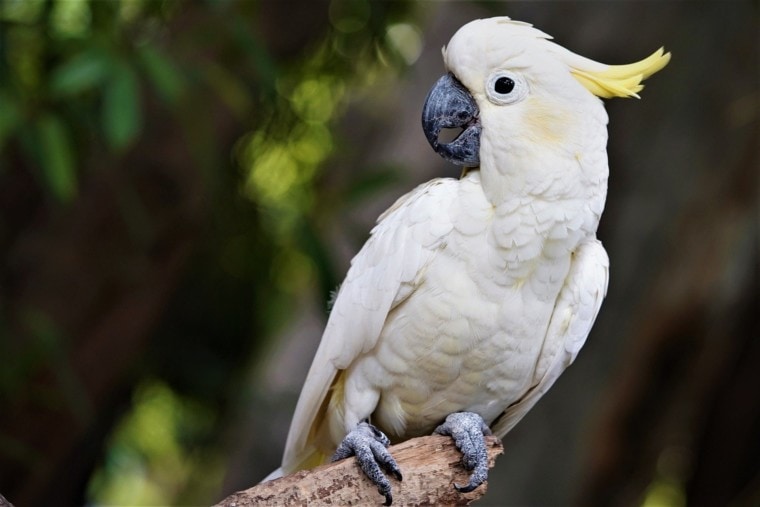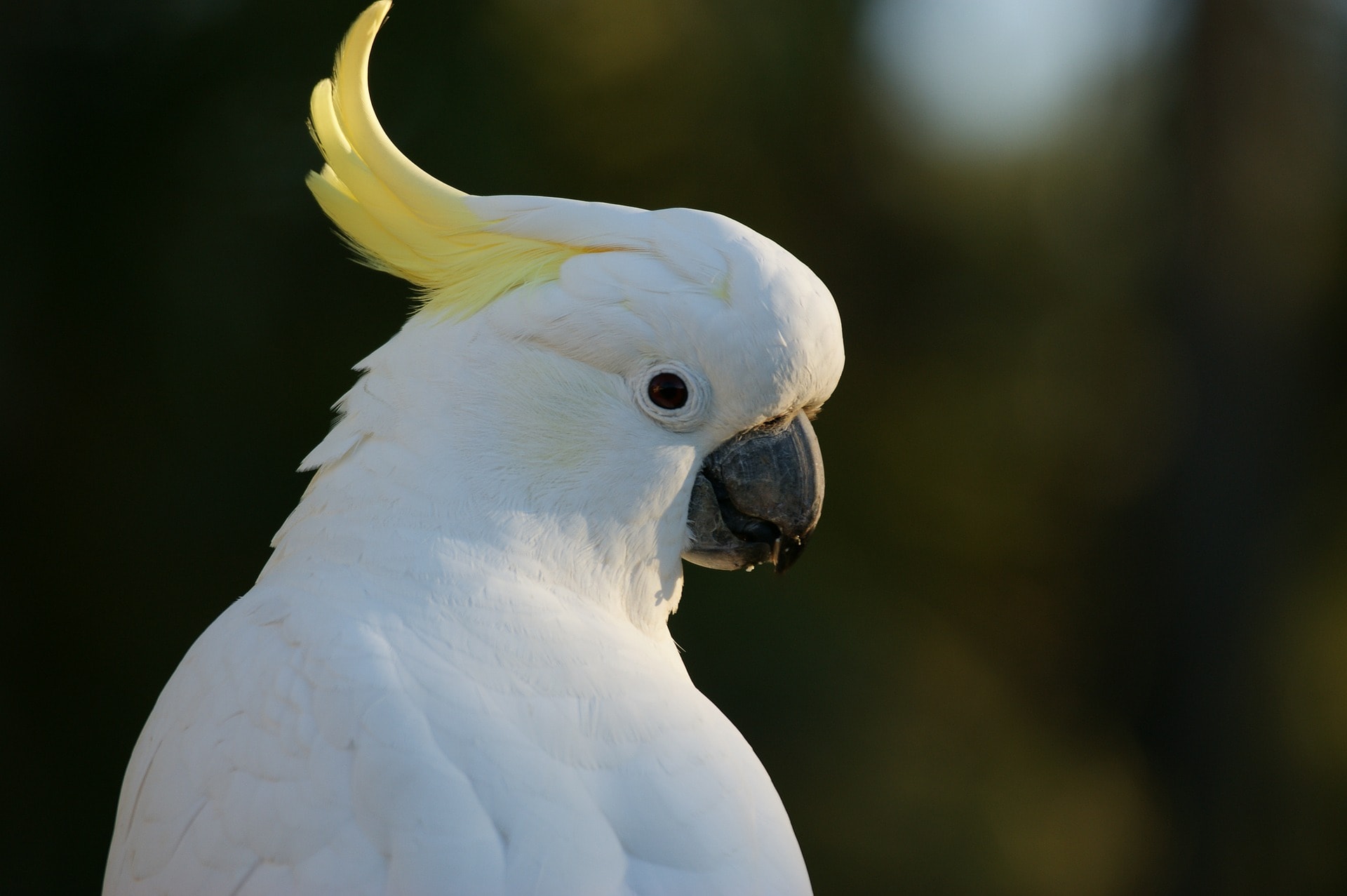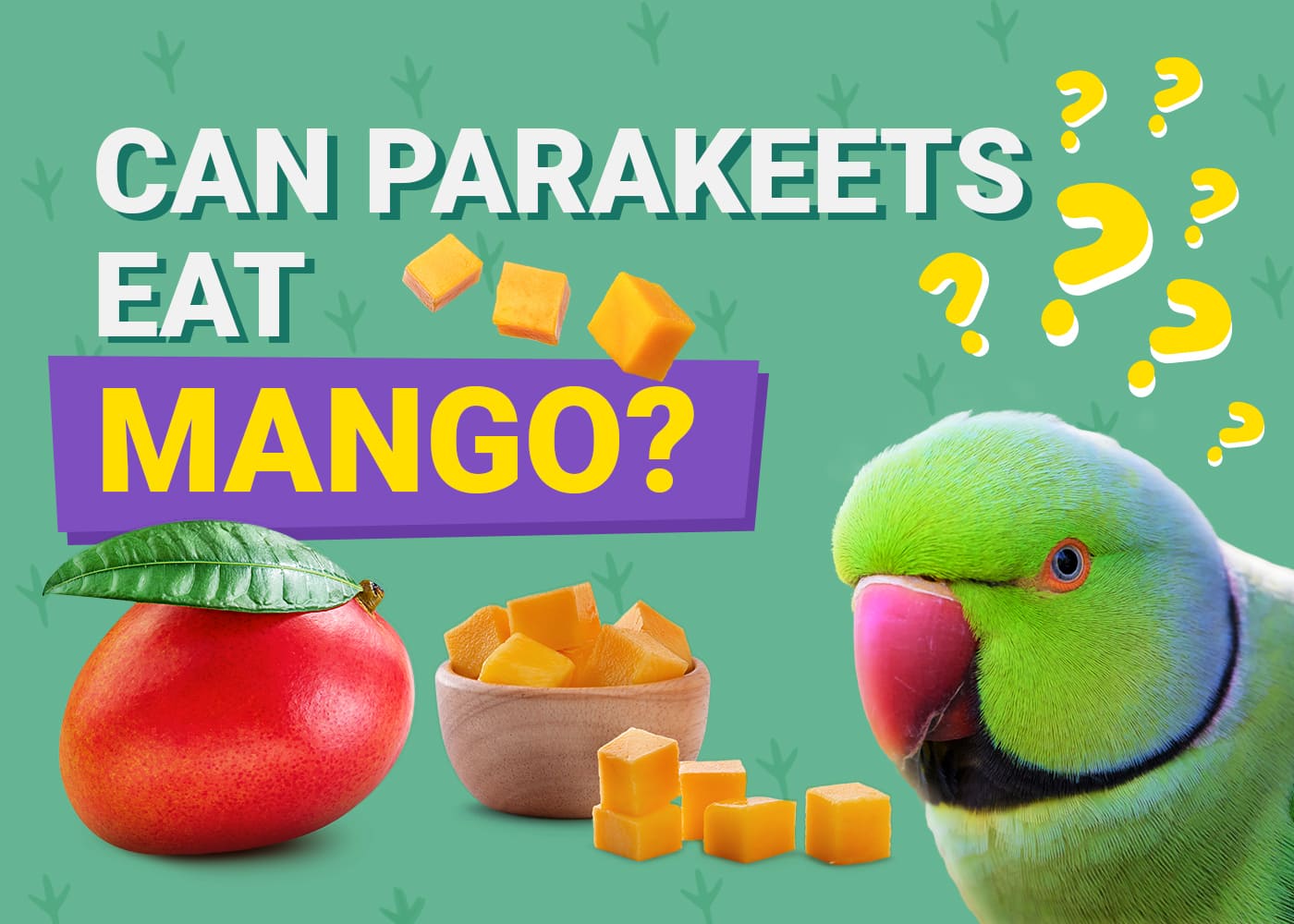
Cockatoos will communicate through their sounds and body movements. This is one of the secrets to learning what your Cockatoo is saying and even understanding how she feels from time to time. This will also help you know how she feels about you and when she wants to be alone or with you.
According to Mickaboo Bird Rescue, simple things such as the flashing eye the bird gives you may show you just how much the bird loves you, or she doesn’t want to be around you at the time. Cockatoos may learn a few phrases over time, simple things like,’ hi,’ but the best way to understand them would be through reading their body language.
If you have some worry that your Cockatoo is not that into you, there are a few ways you can learn whether it is a natural thing or a dislike for you.
Let’s take a look.
The 5 Signs That Your Cockatoo Likes You
1. Puffing Feathers
If you see the Cockatoo puff out its feathers and move them around the bill to cover the lower part, and maybe stand on one foot, keeping its eyes partially or fully closed, it may be one of two things.
Most Cockatoos will rest like this, and at times sleep like this. It s a good telltale to show the bird is relaxed around you; a sign it is comfortable with you.
On the flip side, a sick Cockatoo will also fluff its wings in the same way and stay with its eyes closed or half-closed. If you see the Cockatoo doing this for a longer period than its rest and sleeping times, you should be worried and make an appointment with the vet as fast as possible.

2. Trying to Get Your Attention
A Cockatoo has some similar tendencies to a cat. If she feels left out or neglected, she will try and get your attention. The bird may nudge at your neck or move around the house.
The bird will also kiss you—especially when rubbing her feathers. She might, at times, gently nibble on you on the ear or the cheek and let you handle her without showing any sign of anger or dislike.
Cockatoos also love a cuddle. They love them so much that they may become a bit demanding if you do not give them some. However, a constantly cuddled Cockatoo will grow into a needy pet. They reduce their independence and cannot even play by themselves, increasingly becoming high maintenance and demanding.
Some of the things the bird will do include:
3. Trying to Impress
Cockatoos will also try and impress if they want to show some affection, and one of the ways they do this is by showing how big and impressive they are. Among other birds, it is also a way for them to discourage rivals and show out among their group.
The Cockatoo will spread its wings without flying away and may flap them a bit while jumping and making some noise. The Cockatoo, while trying to get your attention and showing happiness, is also asserting itself.
You should be wary of this kind of excitement as it may soon turn into unwanted behavior such as biting. The more confident they feel, the easier it is for them to mess up; therefore, their humans should be aware of them as they get more and more excitement.

4. She Wants to Be Near You
If you see the bird craving to be near you, constantly clamoring to come to sit with you, it means she likes you. If the bird hides or cowers in its cage when you approach, it may be a bad sign; while if it comes towards you as you pass by the cage, that means it likes you.
Some birds may be on the ledge; not sure about what they feel about you. A bird that feels bonded to you will always try and be close to you. Even the more wary birds will take their time and soon start coming closer to you, and before that, they will not move away from you as you get closer to the cage.
The more confident birds will be more obvious in their approach and may hang from the perches and try and get your attention. They may also come to you while bobbing their heads and beg to be let out of the cage.
5. Your Bird Copies You
Birds closely bonded to one another sometimes copy each other’s actions, which may also happen with your Cockatoo. You may see her try and copy what you are doing. This is also an indication that it likes you.
How Do You Tell If Your Cockatoo Does Not Like You?
There are some telltale signs that your bird does not like you or feels a bit threatened. This may mean that she doesn’t like a person close by, or that your relationship needs work:
Conclusion
These are some general guidelines for most Cockatoos’ behavior, but your specific bird, although generally following the same behaviors, may be unique in other ways. It is always important to try and read your bird to figure out how they function, what they like and don’t like. This way you will know when they are trying to show you affection and when they are expressing distaste.
Related Read: 15 Natural Treats Your Cockatoo Will LOVE
Featured Image Credit: Pixabay









